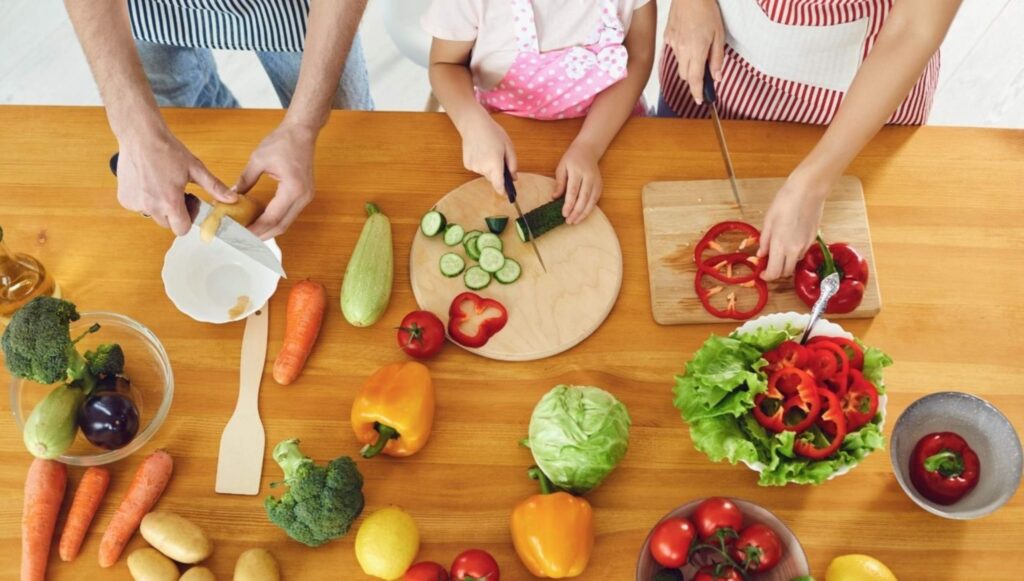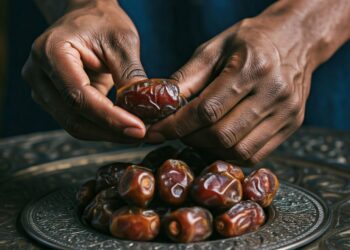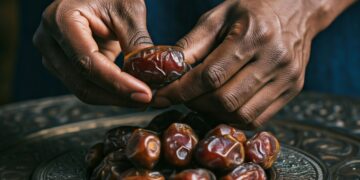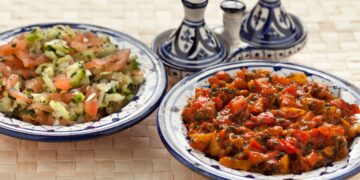In Moroccan households, food is more than just nourishment, it’s a reflection of love, culture, and care. But in today’s fast-paced world, many parents struggle to balance tradition with nutrition. Ensuring that children eat the right foods every day helps them grow stronger, stay focused in school, and maintain healthy energy levels. From the hearty lentil stew simmering in a Casablanca kitchen to the fresh oranges of Agadir, Morocco offers a variety of natural, nutrient-rich foods that every child should enjoy daily.
1. Whole Grains: Bread, Barley, and Couscous
Whole grains are at the heart of Moroccan cuisine and a staple in every home.
Bread made from barley or whole wheat provides children with long-lasting energy for school and play. Couscous, rich in complex carbohydrates, is an excellent lunch option that keeps kids full without making them sluggish.
Choosing traditional whole-grain options over white bread supports digestion and provides essential nutrients like fiber and B vitamins.
2. Eggs: The Perfect Protein
Whether boiled for breakfast or added to tagines, eggs are a Moroccan favorite and one of the most affordable sources of protein. They help build muscles, support brain development, and keep children energized throughout the day.
Parents can make simple egg dishes like bissara with eggs or omelets with fresh herbs for a quick, nutritious start to the morning.
3. Lentils and Beans: Traditional Powerhouses
Moroccan lentil and bean dishes are not just comforting but packed with iron, fiber, and protein. Meals like loubia (white bean stew) or 3dess (lentils) are perfect for growing children who need strength and stamina. These foods help prevent anemia, which is common among school-aged kids, and keep them alert during study time.
4. Olive Oil: Morocco’s Liquid Gold
A drizzle of extra virgin olive oil on bread, salads, or harira adds flavor and essential healthy fats that support heart and brain health. Morocco’s olive oil is known for its purity and richness, making it one of the best sources of natural energy for kids. Instead of butter or margarine, using olive oil daily encourages lifelong healthy eating habits.
Why Moroccan Dates Are The Best Sweetener And How To Use Them
Dates have been part of Moroccan life for centuries, not only as a staple food but also as a symbol...
Invest in Senegal 2025: A Gateway for Moroccan Companies to Expand in Africa
On October 7–8, 2025, the Abdou Diouf International Conference Center (CICAD) in Diamniadio will host the second edition of Invest...
The Art of Letting Go: 10 Simple Ways to Live a Fun and Happy Life
Life has a funny way of getting heavy sometimes. We hold on to grudges, regrets, fears, and expectations as if...
How eating Moroccan salads before meals improves health
Morocco's culinary tradition of serving vibrant, flavorful salads as appetizers isn't just about tantalizing the taste buds—it's a time-honored practice...
5. Fresh Fruits: Nature’s Sweet Treat
From juicy oranges to sweet dates and pomegranates, Moroccan fruits are packed with vitamins and antioxidants. These natural snacks help children stay hydrated and strengthen their immune systems. Instead of sugary desserts, offering a bowl of seasonal fruit after lunch or dinner teaches kids to enjoy sweetness the healthy way.

6. Milk and Yogurt: Building Strong Bones
Dairy products are vital for growing bones and teeth. Fresh milk, raib, and yogurt provide calcium, vitamin D, and probiotics for good digestion. Many Moroccan families still enjoy traditional homemade yogurt, which can be flavored with honey or fruits. A daily serving keeps kids active, strong, and healthy.
7. Fish: Essential for Growth and Focus
Morocco’s coastal cities like Essaouira and Agadir offer abundant access to fresh fish. Sardines, in particular, are rich in omega-3 fatty acids that support brain health and concentration. Including fish two to three times a week or even small portions daily for lunch or dinner, can help boost memory and focus, especially for schoolchildren. Many parents have noticed the difference firsthand: as Hicham, a father from Rabat, shares:
“We switched from processed snacks to simple Moroccan foods bread with olive oil, fruits, and fresh fish and I’ve seen my kids become more energetic and attentive at school.”
Conclusion
Healthy eating for Moroccan children doesn’t require expensive products or complicated diets — it starts with what’s already in our kitchens. By including these seven essential foods in their daily meals, parents can ensure their children grow strong, focused, and full of vitality. Moroccan traditions already hold the secret to balanced nutrition — all it takes is keeping these wholesome habits alive, one meal at a time.
















Discussion about this post